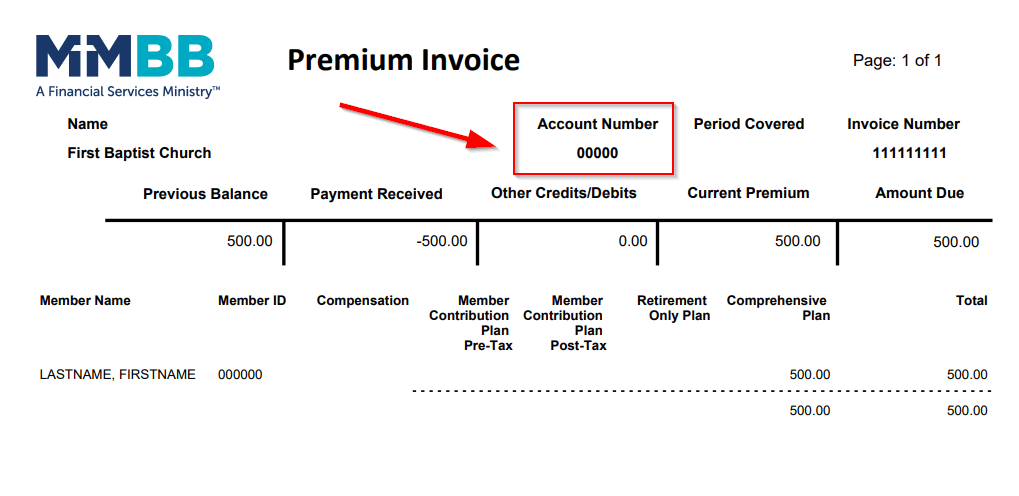This column is where our staff of CERTIFIED FINANCIAL PLANNER™ professionals answers your financial planning questions. The question we’ll address in this issue is:
Out with the old, in with the new
An easy way to prevent paperwork from piling up is to remember the phrase “Out with the old, In with the new.” For example, when you receive this year’s auto insurance policy, discard last year’s policy. When you receive your annual investment statement, discard the monthly or quarterly statements you’ve been keeping. In addition, review your files at least once a year to keep your filing system on the right track.
Finally, when you are ready to get rid of certain records and documents, don’t just throw them in the garbage. You are opening yourself to the risk of identity theft.
To protect sensitive information, you should invest in a good quality shredder to destroy your documents, especially if they contain Social Security numbers, account numbers, or other personal information.
Where should you keep your records?
You could go the traditional route and use a simple set of labeled folders in a file drawer. More important documents should be kept in a fire-resistant file cabinet, safe, or safe-deposit box.
If space is limited or if you want to reduce your reliance on paper, you might consider electronic storage for some of your financial records. You can save copies of online documents or scan documents and convert them to electronic form. You’ll want to keep backup copies on a portable storage device or hard drive and make sure that your computer files are secure. A reputable cloud storage service may be an option also.
Finally, keep a detailed list of where you have stored your financial records. This list can be helpful whenever you are trying to locate a specific document and can also assist your loved ones in locating your financial records in the event of an emergency. Typically, you will want to note:
- Personal information
- Professional contacts (e.g., attorney, tax preparer, financial advisor)
- Online accounts with username and passwords
- List of specific locations of important documents (e.g., home, office, safe)
Maintaining necessary and timely documents in an organized manner will benefit you and others over time. And there is no time like the present to get started!
Look for our next blog post Think Before You Share, Using Social Media Wisely
Back to Financial Resource Center









